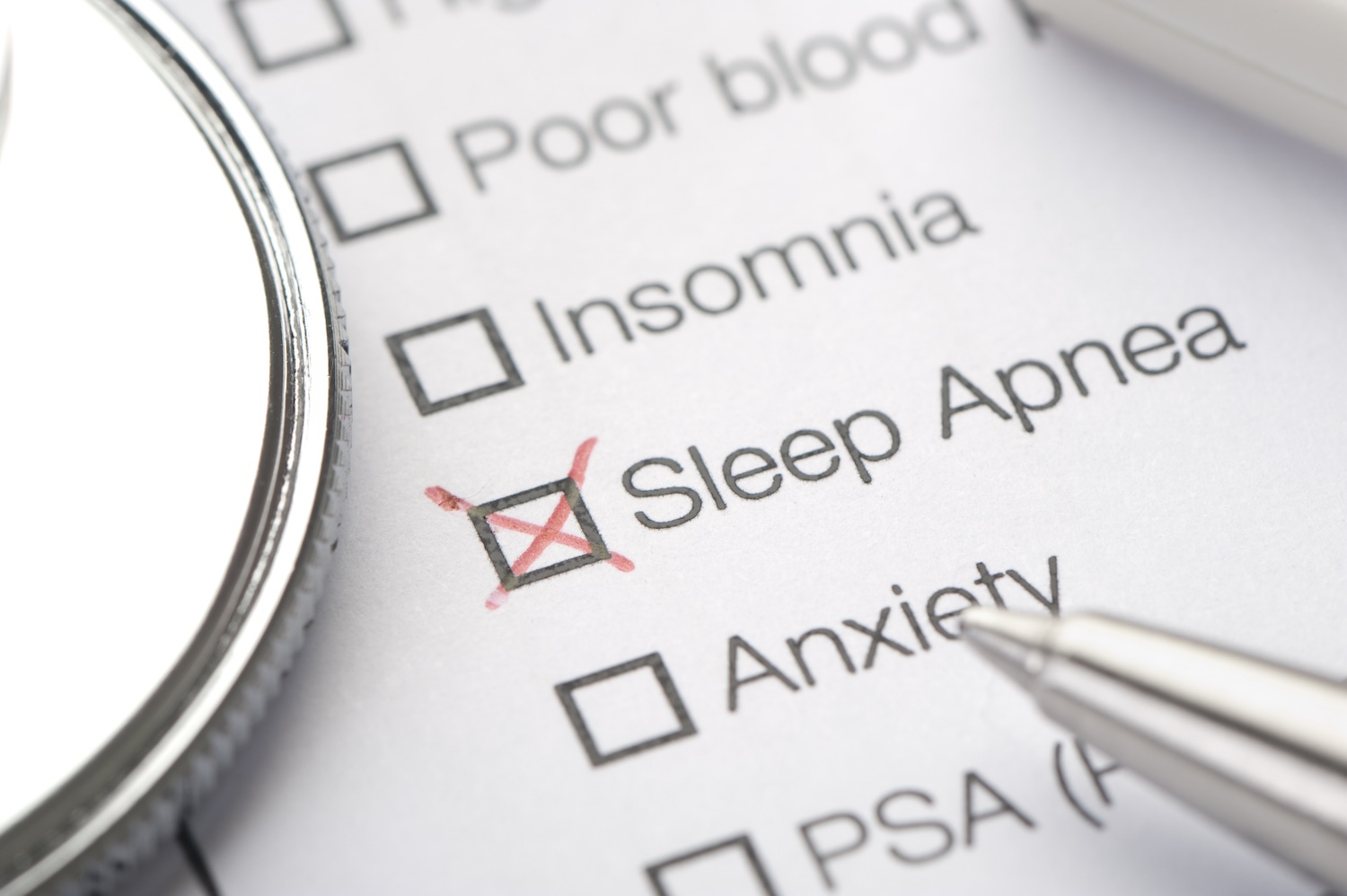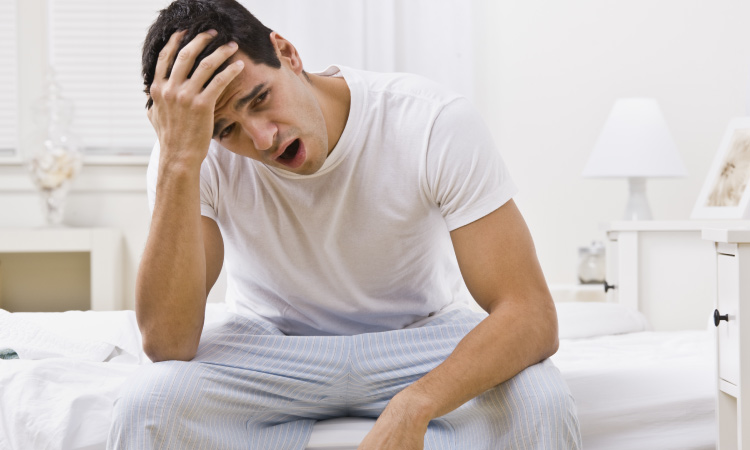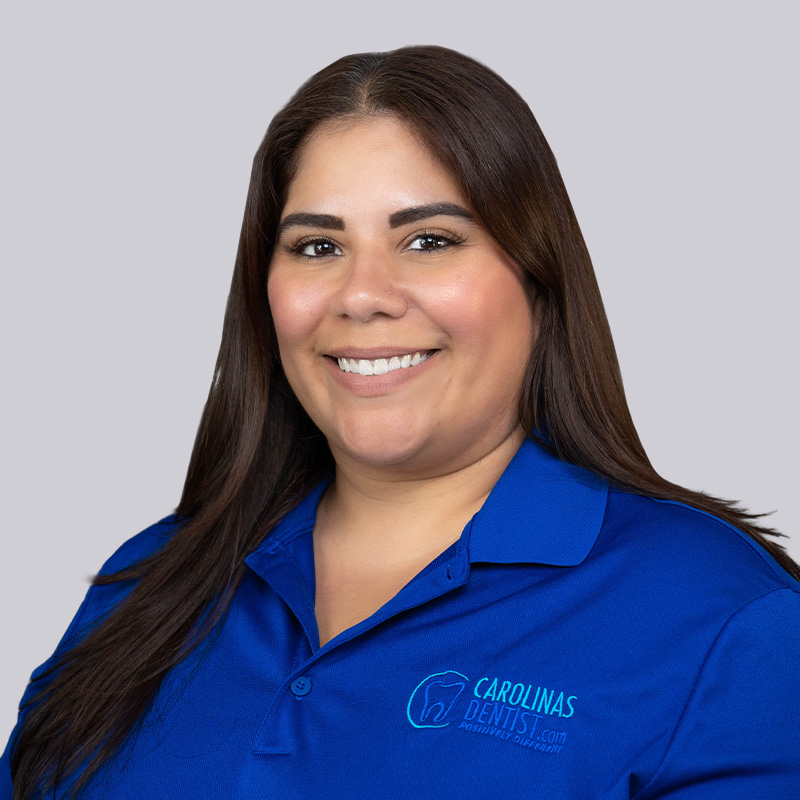Did you know we can help alleviate your fatigue, dry mouth, and chronic snoring? That’s right: we offer treatments to alleviate the symptoms of sleep apnea here at our North Carolina dental offices. Read our blog post for details!
What is Sleep Apnea?

Do you feel tired and groggy during the day no matter how much sleep you seem to get? Or maybe your partner has complained about your loud snoring or gasping for breath at night. If this sounds familiar, sleep apnea might be the culprit. Sleep apnea is more than just a simple sleep issue. It’s a serious condition that disrupts your breathing while you snooze, impacting your health and overall quality of life. At CarolinasDentist in North Carolina, we want to help you understand what sleep apnea is, how it affects you, and treatment options.
So, What Exactly is Sleep Apnea?
Sleep apnea is a sleep disorder characterized by repeated interruptions in breathing throughout the night. These pauses can last from a few seconds to over a minute and can happen dozens—or even hundreds—of times per night. Each time your breathing stops, your brain sends a signal to wake up just enough to kickstart your breathing again. This cycle prevents you from reaching the deep, restorative stages of sleep, which is why people with untreated sleep apnea often feel exhausted, even after a full night’s sleep.
Types of Sleep Apnea
There are three main types of sleep apnea:
Obstructive Sleep Apnea (OSA): The most common type, OSA occurs when the muscles in your throat relax too much, causing a partial or complete blockage of the airway.
Central Sleep Apnea: This less common form happens when your brain fails to send the proper signals to the muscles that control breathing.
Complex Sleep Apnea Syndrome: Also called treatment-emergent central sleep apnea, this is a combination of both obstructive and central sleep apnea.
Common Signs and Symptoms
Not sure if you have sleep apnea? Here are some telltale signs to watch out for:
Loud Snoring, Choking, or Gasping Sounds: Frequent, loud snoring or waking up gasping for breath is a common indicator of sleep apnea.
Waking Up With a Dry Mouth or Sore Throat: Sleep apnea can cause mouth breathing, which dries out your mouth and throat.
Morning Headaches: Oxygen deprivation during sleep can trigger headaches in the morning.
Difficulty Staying Asleep: People with sleep apnea often experience insomnia or restless sleep.
Excessive Daytime Sleepiness: Feeling extremely tired during the day, even after a full night’s sleep, is a major sign of sleep apnea.
Trouble Focusing or Memory Problems: Sleep disruptions can impair cognitive function and memory.
How Can Sleep Apnea Affect My Health?
Left untreated, sleep apnea can lead to more than just daytime grogginess. It has been linked to serious health issues such as high blood pressure, heart disease, diabetes, and even an increased risk of stroke. The constant interruption of oxygen flow puts extra strain on your cardiovascular system, making it crucial to address the problem sooner rather than later.
Treatment Options
Treatments vary depending on the type and severity of your sleep apnea. The most common treatments include:
CPAP Machines: Continuous Positive Airway Pressure (CPAP) machines are often recommended to keep your airway open throughout the night.
Oral Appliances: For those with mild to moderate sleep apnea, a custom-fitted oral appliance made by your dentist can help by repositioning the jaw and keeping the airway clear.
Lifestyle Changes: Losing weight, quitting smoking, and changing sleep positions can also improve symptoms.
Sleep Apnea Solutions at CarolinasDentist in North Carolina
If you’re experiencing any of these symptoms or suspect you may have sleep apnea, it’s time to take action. At CarolinasDentist in North Carolina, our experienced team can work with you to explore treatment options that help manage your sleep apnea and improve your quality of life. Schedule a consultation today at one of our 13 locations to learn more about how we can help you get the restful sleep you deserve!










